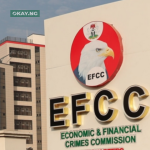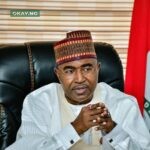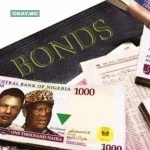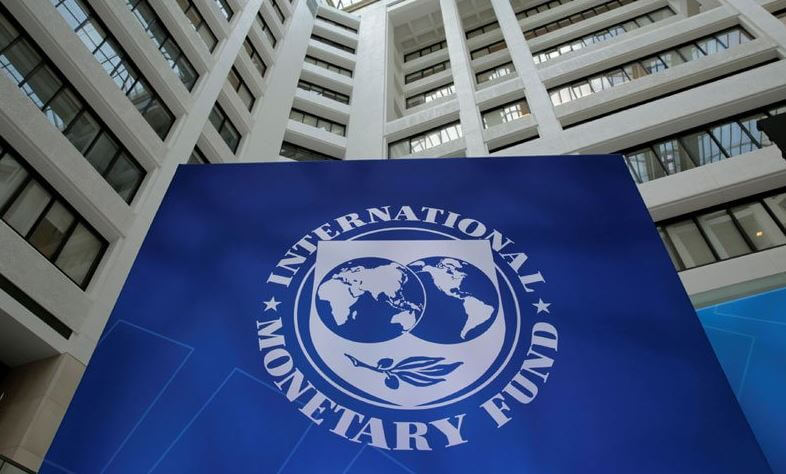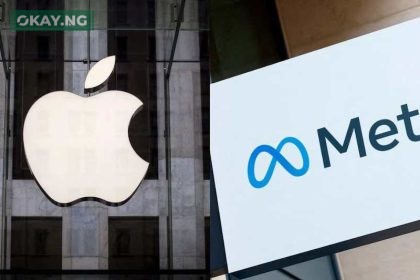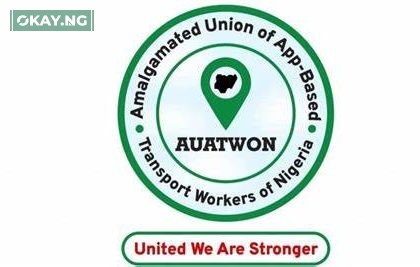A nuanced picture of Nigeria’s credit market emerged in the first quarter of 2025, as revealed by the Central Bank of Nigeria’s (CBN) latest Credit Conditions Survey. The February 2025 poll of lenders indicates a diverging trajectory in the accessibility and demand for credit across various sectors, highlighting both opportunities and potential challenges within the nation’s financial ecosystem.
The survey, a crucial barometer of lender sentiment regarding credit dynamics, pointed to a significant contraction in the supply of secured lending to households. This category witnessed a notable 10.1-point decline in availability, occurring even as demand for such credit experienced a 9.3-point upswing. This suggests a potential tightening of lending criteria or a strategic shift by banks away from this segment despite consumer appetite.
Conversely, the unsecured lending market presented a contrasting scenario. Credit supply in this area saw a substantial 19.4-point increase, driven, according to the CBN survey, by banks’ strategic pursuit of expanded market share. Interestingly, demand for unsecured credit experienced a slight dip to 18 points. The corporate lending sector displayed a more balanced movement, with both supply and demand registering a healthy 18.7-point increase, indicating a growing appetite for business expansion fueled by credit.
“The rise in unsecured credit availability signals a potentially more competitive landscape among lenders vying for a larger slice of the consumer market,” commented financial analyst, Chinedu Okoro. “However, the simultaneous decrease in demand warrants closer scrutiny. It could reflect a cautious approach from borrowers or a saturation in certain segments.”
The CBN report further illuminated the factors influencing these shifts. The increased availability of corporate credit was primarily attributed to evolving economic prospects, suggesting that lenders are becoming more optimistic about the business environment. Intriguingly, this same shifting economic outlook was cited as the main reason behind the reduced supply of secured household lending, perhaps indicating a perceived increase in risk associated with this type of borrowing amid economic uncertainties.
Analysis of lending rates revealed a widening gap between these rates and the CBN’s benchmark Monetary Policy Rate (MPR) for both secured and unsecured household credit. A similar trend was observed for most types of corporate lending, with the exception of lending to Other Financial Corporations (OFCs), where the spread narrowed. This widening spread could translate to higher borrowing costs for individuals and businesses, potentially impacting economic activity.
Read Also:
Personal Loan Surge: N470 Billion Borrowed in Q4 2024 Amid Inflation
Nigerian Banks Borrow N8.2 Trillion from CBN in January
On a more positive note, lenders reported a decrease in default rates for both secured and unsecured household loans, signaling improved repayment behavior within these segments. In the corporate sector, smaller and medium-sized Private Non-Financial Corporations (PNFCs) also exhibited lower default rates. However, larger PNFCs and OFCs experienced an increase in default rates, indicating a potential rise in credit risk at the higher echelons of the corporate landscape.
Despite the overall increase in demand across most lending categories, the survey highlighted a decline in demand for secured mortgage and remortgage loans, as well as for unsecured credit card lending. This could reflect changing consumer preferences or affordability concerns within these specific areas.
The underwriting environment also saw adjustments. Credit scoring criteria tightened for both secured and unsecured household lending, suggesting a more cautious approach to assessing individual borrowers. Despite this tightening, the proportion of approved loans increased for secured and corporate loans, while approval rates for unsecured credit applications declined. This seemingly contradictory trend warrants further investigation to understand the specific factors at play.
It is crucial to note that the findings of the CBN’s Credit Conditions Survey represent the collective sentiment and expectations of participating lenders and do not constitute the official views of the Central Bank of Nigeria. The survey methodology, which weights responses by market share and gives greater emphasis to significant changes, provides a valuable, albeit subjective, insight into the evolving dynamics of Nigeria’s credit market.
As the Nigerian economy continues to navigate various domestic and global headwinds, the trends identified in this survey will be closely watched by policymakers, financial institutions, and individuals alike. Understanding these shifts in credit supply and demand is essential for informed decision-making and for fostering a stable and inclusive financial system.




